Many lengthy and complex projects are subject to a lot of change, which has the potential to leave engineering teams feeling demoralised. In these scenarios, it’s crucial the engineering project management team can navigate the changes confidently and keep the team morale positive, so changes don’t negatively impact the delivery of project milestones.
When our client came to us, the project sponsor was managing the project because the project manager was about to leave. Their contract – to deliver a detailed process engineering design solution for a blue-chip end client – was with a global engineering, procurement and construction (EPC) company. As well as scope creep, numerous design changes and a programme that was slipping, the EPC company triggered a major contract review three months after Coron started.
Our client’s challenges were:
- Running the project left the project sponsor no time for value-creating business development work with other clients – impact to the client’s business.
- The engineering team was handling the multi-disciplinary integration work and the large amount of design made it difficult for them to focus on their own deliverables – there were not enough resources.
- Liaising with the EPC company to scope out the extent of our client’s design changes without enough information from their own designers and procurement specialists – communication lines needed clearing and decisions from the EPC company were needed.
- Managing the unplanned change of contract to satisfy the EPC company’s commercial position with its client – significant disruption and additional risk.
Navigating contract changes
Our client had an engineering team with all the necessary technical people and a project management office with the commercial and project controls people, but urgently needed an experienced project manager on this high value project. They hired us for our engineering project management skills.
Although the client had a project controls team, the project sponsor needed support in coordinating with and updating the EPC company to manage their expectations. We were able to get started quickly and deal with the EPC’s main stakeholders, namely their engineering manager (our client’s main point of contact), their project manager, and their head of procurement.
They urgently needed our designs for their supply chain to develop contracts for the delivery of the main contract with the end client. As our client did not have all the information the EPC company needed, we helped both parties keep the lines of communication open; updating and completing the commercial forecasting while they reviewed, negotiated, agreed and transferred to a completely new contract.
Results with Coron Projects as the Project Manager
Working closely with the engineering team and our client’s commercial and group-level stakeholders, we led the engineering project management for seven months, achieving the following results in that time:
- Raised the visibility of the project within our client’s parent company, offering confidence that it was being managed well by communicating frequently with internal stakeholders.
- Provided stability to the planning, highlighting pain points on the critical path further down the project plan, demonstrating where more resources and more information from the EPC were needed.
- Offered leadership to the engineering team to help them achieve major milestones in three consecutive months, by providing them with consistent guidance and support to prioritise what the EPC company needed.
- Provided commercial support to update the costs, manage changes and request further project resources to move the multi-disciplinary integration work away from the engineering team, to free them as best as possible to focus on delivery.
- Navigated the contract review to enter into a new contract midway through our client’s delivery – shifting project focus from engineering to procurement work to secure relationships with the EPC contractor and their client for the next phases of the work.
Our efforts not only stabilised the project but also positioned our client for future opportunities, securing additional work and enhancing their reputation in the industry. As we transitioned control back to the client’s new project management personnel, we ensured a comprehensive handover, setting the stage for sustained success.
